A bill recently proposed in the Iowa Legislature would change Area Education Agencies (AEA) service and resources funding and has been one of the main priorities of Gov. Kim Reynolds this legislative session. Iowa State students soon to enter the workforce react to the proposal.
An Iowa House version of the initiative has gone through multiple iterations, with its most recent version being passed by the House Education Committee. The House can now vote on the bill, which would route federal special education funding directly to AEAs and schools would directly receive state and property tax special education funding.
The bill would allow school districts to utilize private entities and businesses for general education and media services.
School districts could hire AEAs through “fee for service” contracts.
In the Senate, a similar bill passed a committee that would allocate 90% of the special education services funds to schools, and the remaining 10% would go directly to AEAs. Schools could use the 90% allocation to contract with AEAs. The bill would also split general education and media services between schools and AEAs.
Cindy Yelick, chief administrator of the Heartland area of education agency, said the bill allows districts to have more control, which is a positive. Still, a negative is that there is more responsibility on the districts.
“[In the original legislation,] Districts would receive the money for special education, and then they could contract either with the AEA or private providers or they could hire their own staff,” Yelick said.
Konner Leinen, a senior in elementary education, said he thinks this bill would be beneficial.
“Schools know what their students need and teachers know what their student’s needs are,” Leinen said. “So they’ll be able to pick which program or service will help their students out the best or the most.”
Rachel Meier, a junior in elementary education, said she thinks this could put low-income schools in a tricky situation.
“I think that could be a positive for some, maybe, if they don’t like the resources that the AEA provides, but it could put more of those low-income schools that rely more heavily on the AEA in a tricky situation,” Meier said.
Meier said this worries her as a future teacher because she wants a backbone to rely on.
“Especially [as] a new teacher I would want to have that backbone to rely on and know that I can reach out to people and there’s a ton of resources. And if I don’t have that, I think it is kind of scary to think about because we have a lot of jobs to do,” Meier said.
Lindsay Stephens, a junior in elementary education, said she does not see the bill as a bad thing because every school has different needs.
“Every school has different needs, and some schools need more funding for sports and some need more for technology, things like that,” Stephens said. “But depending on your district, and depending on your administrators, the choices that are made won’t always benefit all of the students and it won’t necessarily benefit the students that need it.”
Stephens said the bill is concerning because of the detriments it could have for students with intellectual disabilities, but she thinks it could be beneficial if they use the funds correctly.
“If they decide to go with the majority of the funding to go towards neurotypical kids, that could really hurt the children who are neurodivergent and have intellectual disabilities,” Stephens said.
Reynolds laid out her reasoning behind her legislative initiative on Iowa Press.
“The AEA system is failing our students with disabilities, and it’s unconscionable, it’s been going on for quite some time and we need to get it fixed,” said Reynolds during her January appearance on Iowa Press.
The current bill would make fewer changes than the original bill proposed by Reynolds. Her original proposal came after a report from a consulting firm that found Iowa spends more on special education than the national average, yet scores lower on special education assessments than the national average. The consultation Reynolds received was called “flawed” by a former director of the Department of Education, appointed by Reynolds’ predecessor, former Gov. Terry Branstad.
The study, conducted by Guidehouse Consulting firm, found that Iowa spends more per pupil than average yet scores lower on assessments taken by students in special education.
“It’s time that we do something to the system that can improve the scores and accountability and help these children,” Reynolds said.
Reynolds, on Iowa Press, emphasized her proposed change would increase accountability on behalf of the AEA.
“Bottom line is no money cut from special education, all of the money goes to the schools, schools drive it,” Reynolds said. “If they like what they’re getting, absolutely nothing changes, if they want to do a hybrid and utilize some of the AEA or a neighboring AEA, they can do that, or if they want to bring it in house they can do that too.”
Yelick said this is a high-stakes decision for the state of Iowa because it is a big shift in how students are served.
“I think legislators are really now trying to dig in and making sure that they understand the system and they understand possible implications of their decisions,” Yelick said. “And we just support them to continue that really thoughtful work before they make a high-stakes decision.”










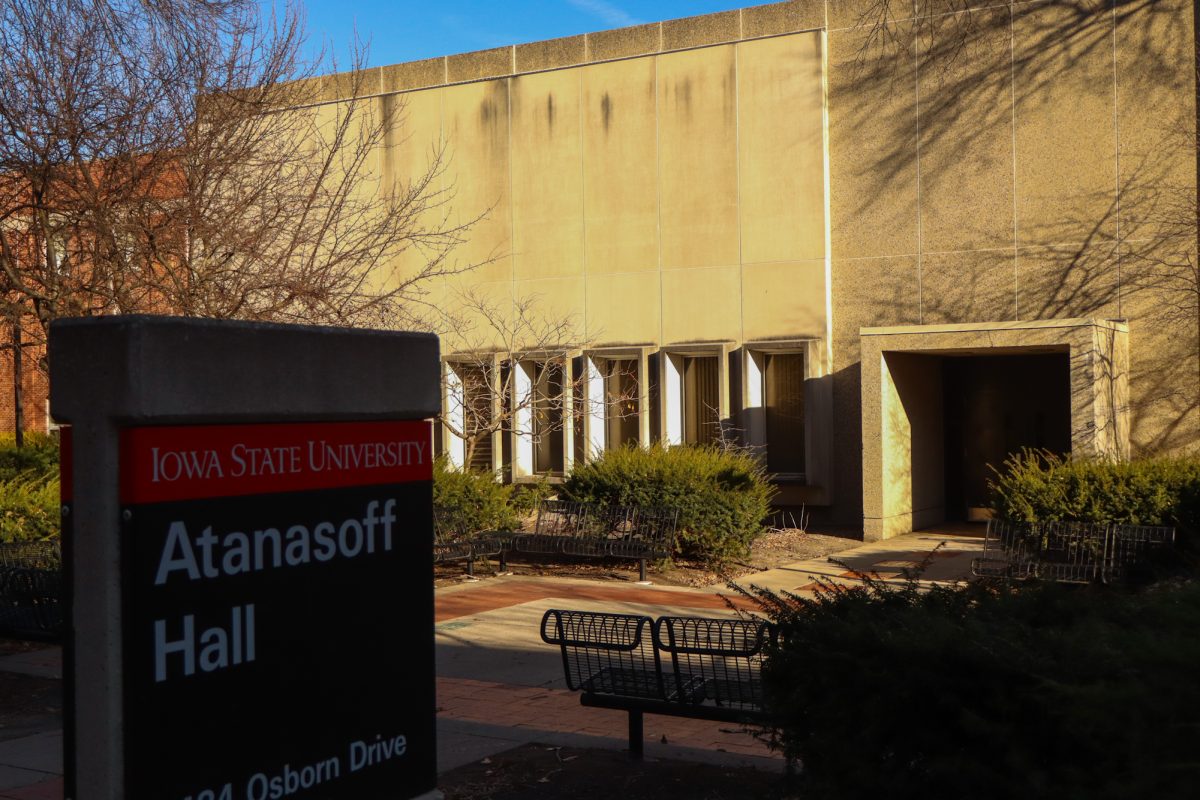
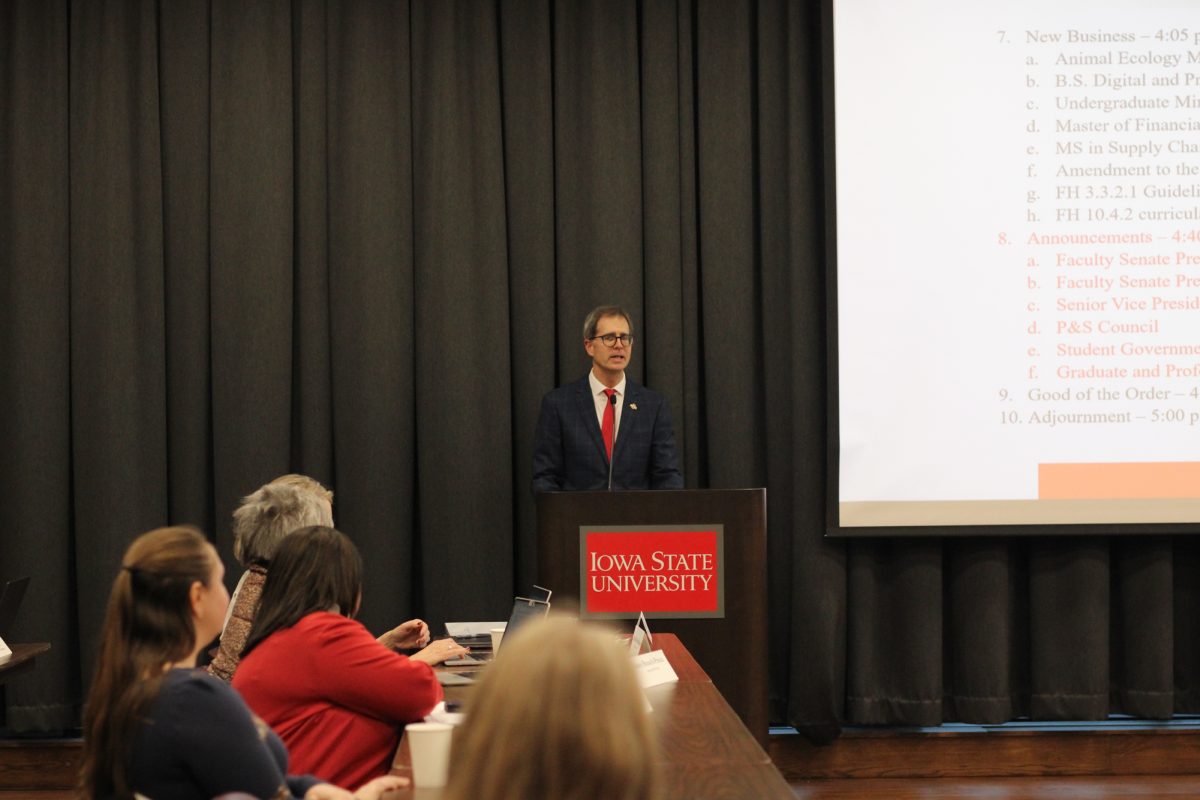

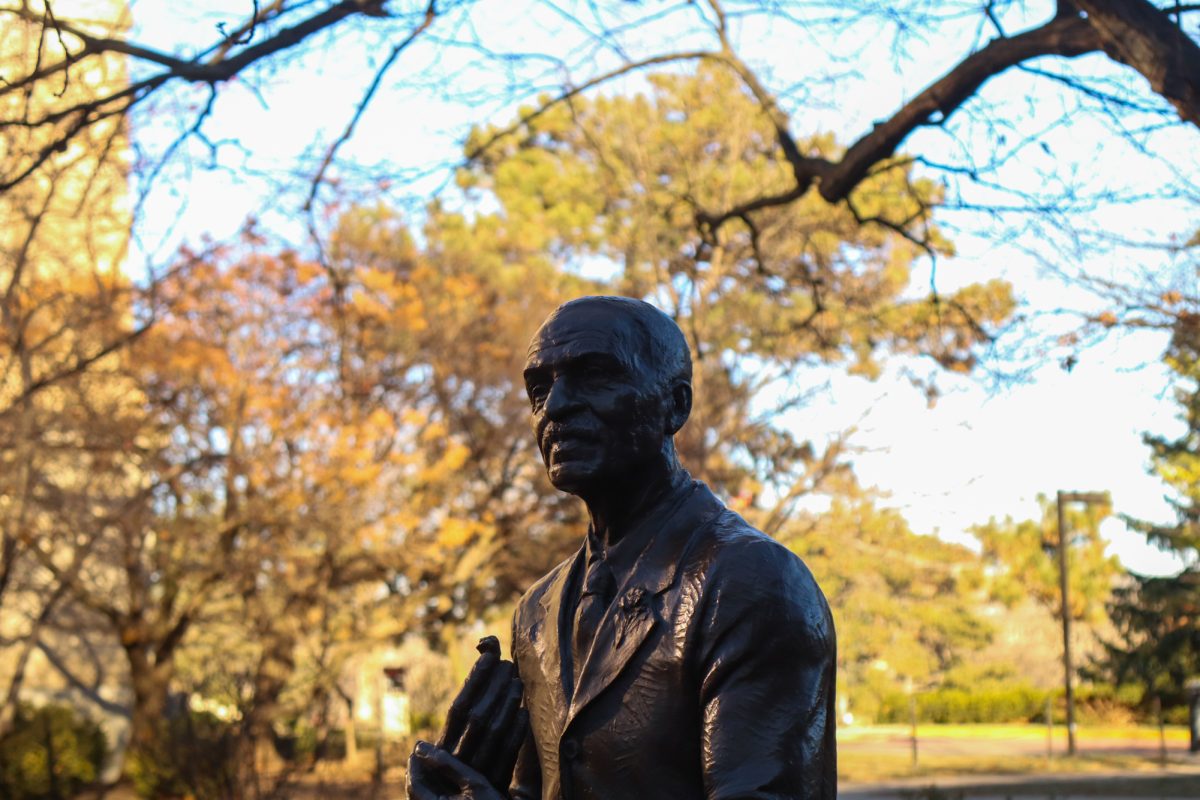
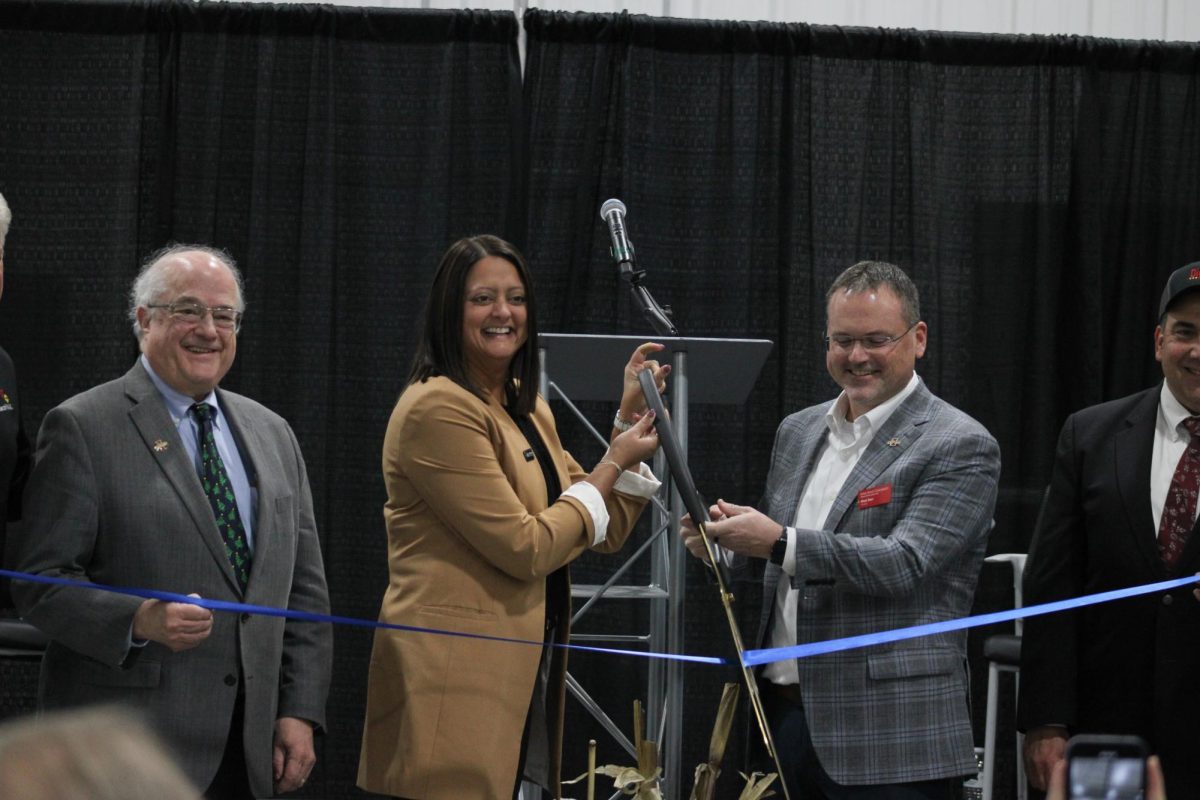


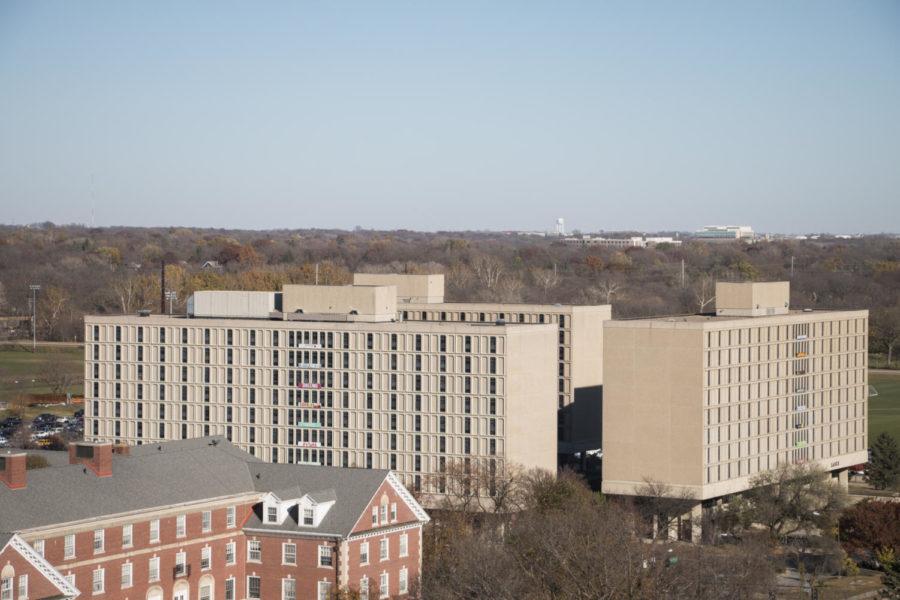
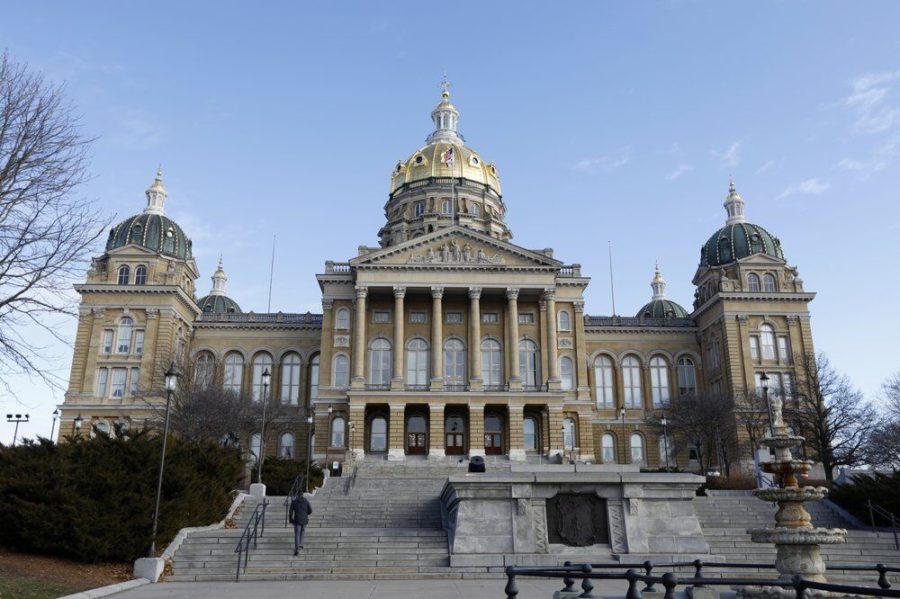


Bob Averill | Feb 27, 2024 at 2:02 pm
Just leave the Aea alone, it’s not broken so why fix it